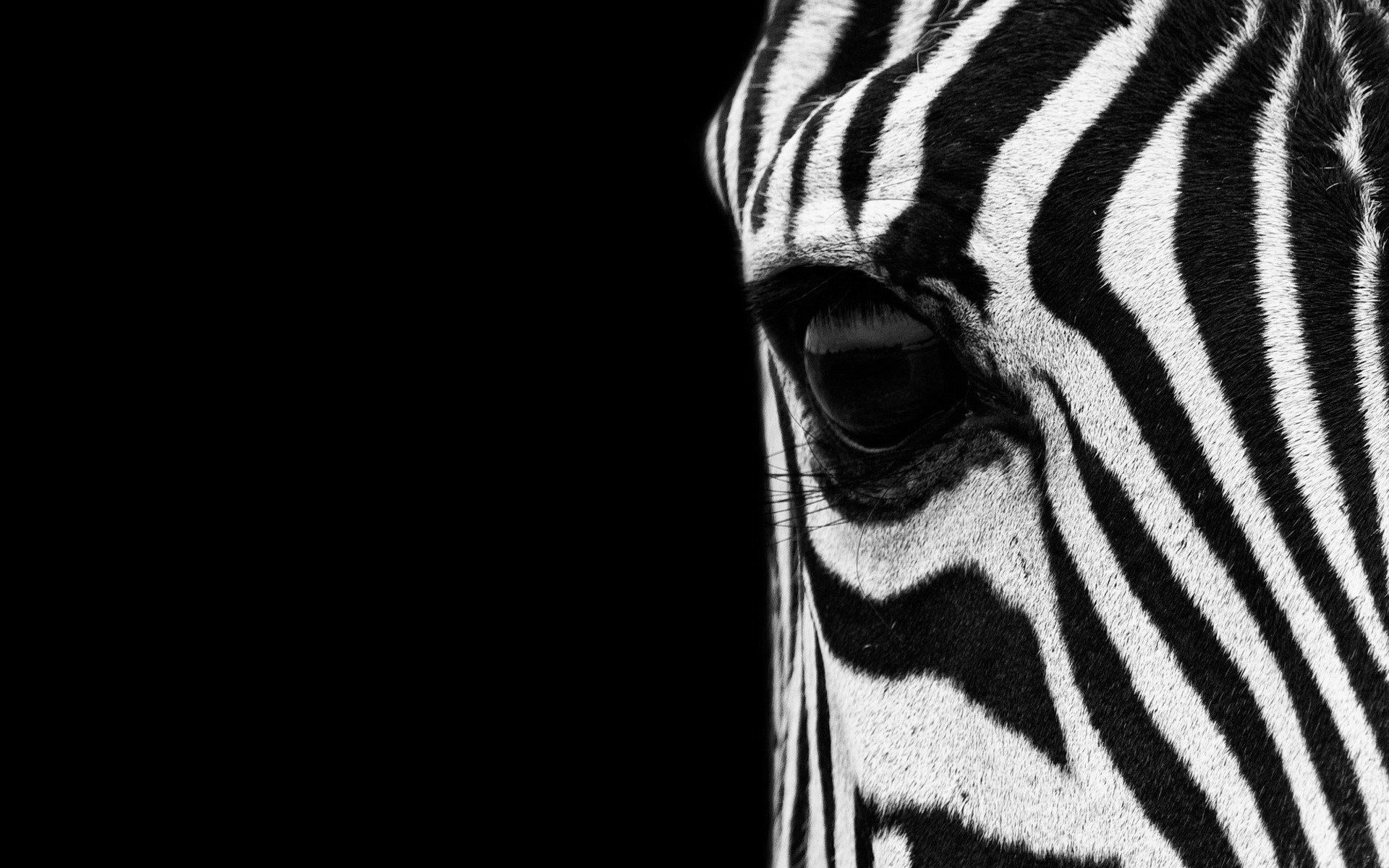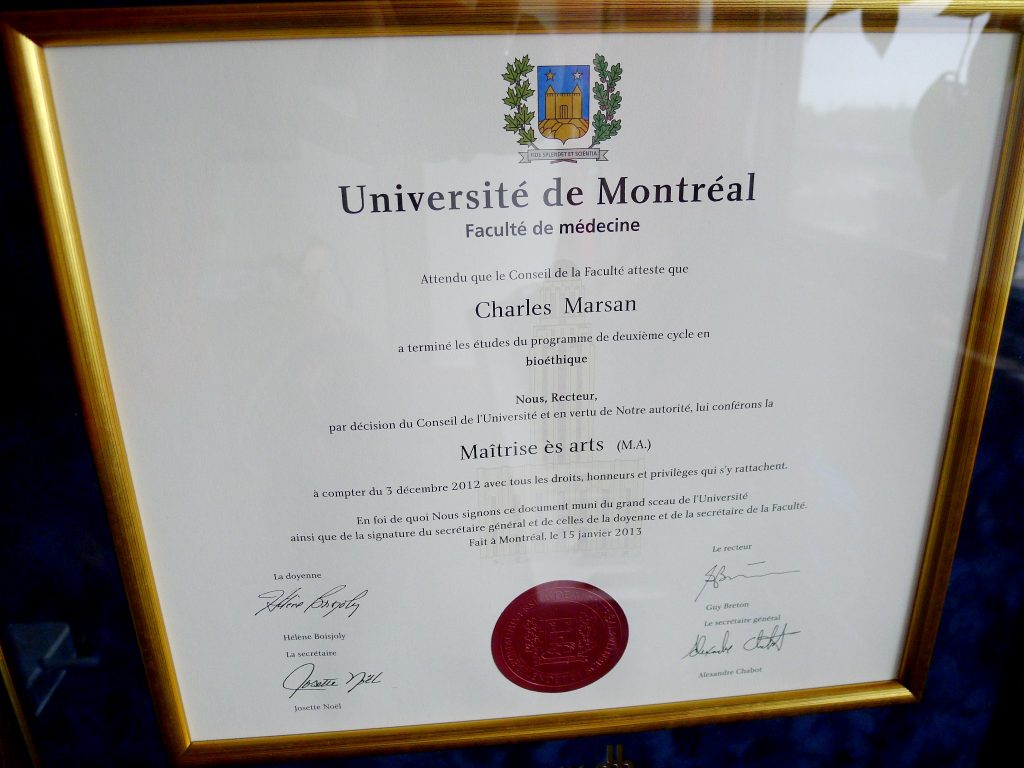RÉSUMÉ
Dans le domaine de la santé, on définit le conflit d’intérêts (CI) comme étant une situation dans laquelle le praticien se trouve à risque d’altérer son jugement professionnel ainsi que ses actions concernant un intérêt primaire (ex: l’intérêt du client) en privilégiant, de manière indue, un intérêt secondaire personnel (ex: un gain financier). De ce fait, le CI n’est pas une accusation ni un acte de corruption ou d’escroquerie, mais seulement une situation à risque. La littérature indique que le CI soulève des enjeux éthiques auxquels on a beaucoup réfléchi au cours des dernières décennies. Dans le contexte de la santé humaine, ces réflexions ont notamment abouti à la séparation de la médecine et de la pharmacie. En examinant des pratiques comme la revaccination annuelle des chiens et chats, la sur utilisation d’analyses diagnostiques ou le fait de prescrire et de vendre des médicaments, il devient évident que les vétérinaires sont souvent à risque d’être en CI, réels ou perçus, avec leurs clients. Notons que les experts qui rédigent les lignes directrices cliniques peuvent également se trouver en CI. Maintenant, l’exercice consiste à apprendre à identifier, évaluer et gérer les CI selon leur importance, en cherchant à distinguer ce qui est acceptable de ce qui ne l’est pas. Certaines formes de CI étant inévitables, l’un des défis reste de trouver comment les professionnels peuvent pratiquer sans avoir à en payer un trop grand prix. Pour l’instant, nous demeurons attentifs aux enseignements que les médecins vétérinaires pourront retirer des expériences vécues en médecine humaine, et vice versa.
ABSTRACT
The notion of conflict of interest (COI) is generally perceived as synonymous with corruption and abuse of power or the result of conspiracies among crooks. This lack makes it a difficult subject of the study. Yet in the health field, conflict of interest can be defined as a situation in which the practitioner is likely to have impaired their professional judgment and actions concerning a primary interest (e.g., the patient’s interest), by focusing, inappropriately, on a secondary interest in which they draw a personal benefit (e.g., financial gain). In this sense, the COI is not an accusation, but rather a risky situation for the professional. The literature shows that COI is an ethical issue that has been the subject of thought in recent decades. These considerations have, in the context of human healthcare resulted in the separation of medical and pharmacy practices. Using examples from small animal (pets) veterinary practice, I will examine some situations where the judgment of the veterinarian may be compromised by the pursuit of secondary interests. Analyzing practices such as the annual vaccination of dogs and cats, the over use of diagnostic equipment or the prescription and sale of drugs, it becomes clear that veterinarians are often at risk of being in real or perceived COI with their clients. Note that the experts who write clinical guidelines can also be found in COI. Now, the exercise is to learn to identify, evaluate and manage the COI according to their importance, trying to distinguish what is acceptable and what is not. Some forms of COI are unavoidable, so one challenge is finding how professionals can practice without paying too heavy a price. The focus here will be on the lessons that veterinarians can derive from experiences in human medicine, and vice versa.


Le pouvoir adjudicateur est, en toute hypothese, tenu de verifier l’existence d’eventuels conflits d’interets et de prendre les mesures appropriees afin de prevenir.